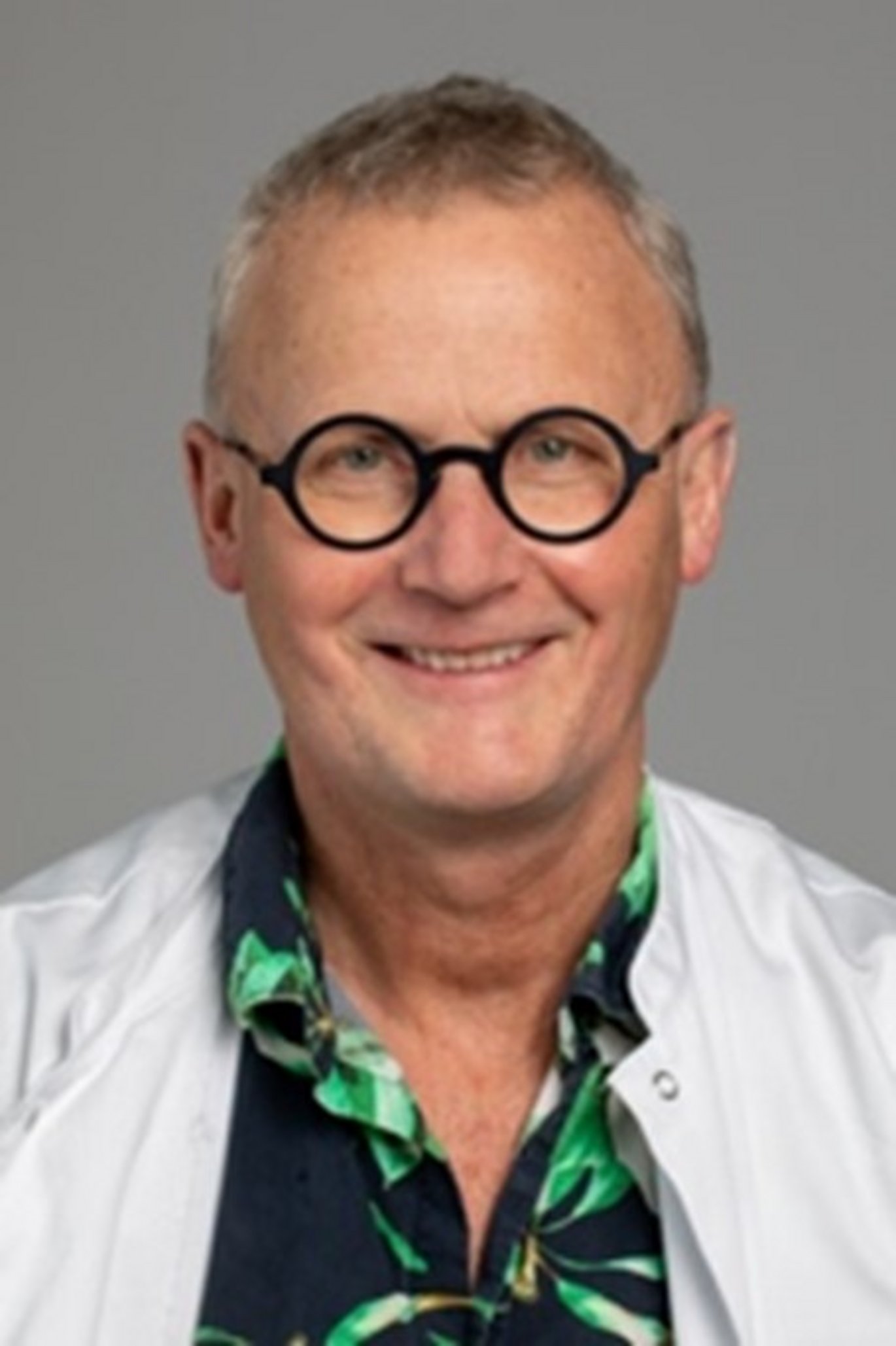Meet Henning Grønbæk - The Inflammation Network's Newsletter

Henning Grønbæk, Clinical chair professor, Department of Hepatology & Gastroenterology, Aarhus University Hospital, has a key interest in chronic inflammatory liver diseases with a focus on inflammation and macrophages – especially macrophage markers for disease severity, progression and treatment responses.
Can you give us an insight into your research?
For inflammatory liver diseases there has been a focus on steatotic liver diseases especially metabolic-dysfunction associated steatotic liver disease (MASLD). MASLD affects up to 30% of the world population and there is an unmet need for new and better biomarkers for diagnosis and staging of liver disease – especially to avoid costly and unpleasant liver biopsies. In addition, we investigate pathophysiological consequences of MASLD e.g. systemic metabolic aberrations including heart disease. Further, we perform intervention studies e.g. high-protein diet where we also investigate biomarkers for treatment responses.
Another research area is autoimmune liver diseases (e.g. primary biliary cholangitis (PBC), primary sclerosing cholangitis (PSC) and autoimmune hepatitis (AIH) also characterized by liver inflammation and fibrosis. Again, our research focus on biomarkers that may be of pathogenic interest both for staging and disease progression. We aim to improve prognostication of patients in order to find better treatments to be in initiated earlier in their disease course.
And how do you see interdisciplinarity being used at Department of Hepatology & Gastroenterology?
In order to perform research in these inflammatory liver diseases we have established a number of multidisciplinary collaborations where our department has established well characterized patient cohorts with biosamples for multidisciplinary studies. For MASLD we have previously collaborated with Rune Hartmann (Department Molecular Biology & Genetics) on the interferon system. In ongoing studies, we collaborate with Jørgen Kjems, (iNANO), as part of the Odin network, on aptamer technology. In collaboration with Yonglun Luo and Lin Lin (Department of Biomedicine) we have performed in depth expression analysis to detect novel biomarkers for MASLD severity. Finally, we have a strong collaboration with Steno Diabetes Center Aarhus with professor Søren Nielsen for metabolic studies in MASLD patients including advanced cardiometabolic studies also including professor Lars Gormsen at the PET Center (Aarhus University Hospital). For autoimmune liver diseases we have ongoing studies with Bent Deleuran and Steffen Thiel (Department of Biomedicine) on novel biomarkers in PBC and PSC patients.
How do you bridge the red buildings of Aarhus University Hospital with the yellow buildings in the University Park?
At our department we aim to perform “Research based action against disease” and for this purpose we are engaged in a number of multidisciplinary collaborations. In my opinion these multidisciplinary collaborations and network activities are key for a better understanding of disease mechanisms and novel biomarkers to improve our knowledge and potential patient handling in the future. To improve these collaborations the inflammatory network is important and I am pleased to see that several of our researchers are actively engaged in network activities. But in general just being open and interested in collaborations will help bridge research between Aarhus University and Aarhus University Hospital and potentially benefit our patients in the future.